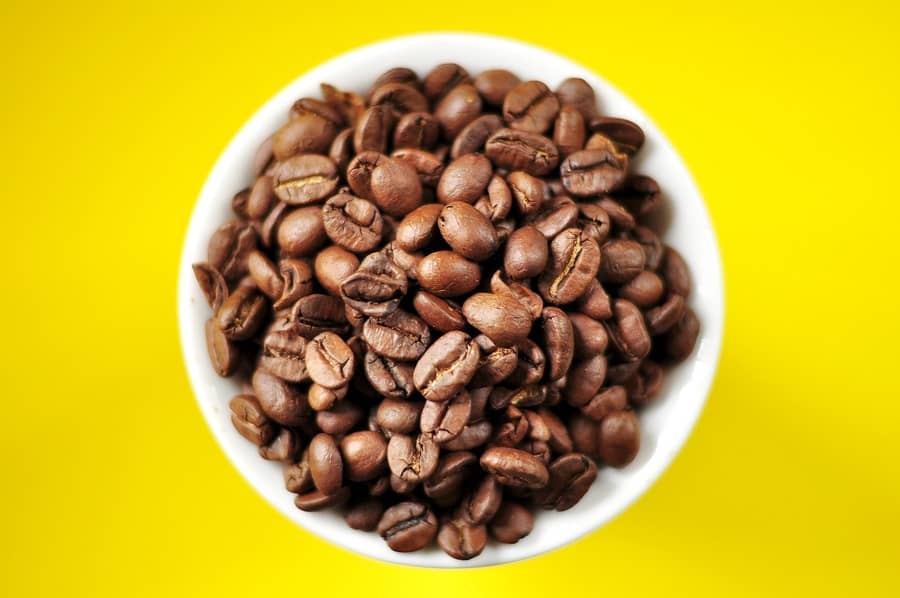Physical domestic coffee prices get support from the ICE US gains and the firm dollar. And the increase is not more significant due to weaker differentials in FOB exports. Good cup MTGB, which was around -18 to -20 cents, retreated to -22 cents against ICE US. The drop in differentials is a reflection of the pressure of the arrival of new coffee to the market, despite the grower’s reluctance. The truth is that the physical domestic coffee market tries to draw an apparent bottom, seeking to incorporate the price not only from the sellers’ short stance but also from the signs of a lower-than-expected Brazilian crop in 2022. Group 1 coffees must continue to be linked to the behavior of the dollar and ICE US, with the flow of sales and shipments serving as an internal price trigger. The harvest progress and the increase in physical availability tend to put pressure on prices.
Good cup from the South of Minas Gerais recovers the line of BRL 1,300 a bag. The flow of trades remains sluggish, given the external volatility and the short stance on both selling and buying. Productive uncertainties, on the one hand, and macroeconomic uncertainties, on the other, justify this behavior. Fine cup costs around BRL 1,330 a bag in both Cerrado and Mogiana. The lower supply in Colombia and the appreciation of mild coffees in Central America continue to provide additional support for better cups. Fine cherry coffee (semi-washed) costs around BRL 1,370 to 1,420 a bag, valued.
Rio cup, on the other hand, has not been very strong and is pegged at BRL 1,100 a bag for a lot with 20% of defects in the region of Matas de Minas. Demand remains short, which softens the effect of the low physical supply. In addition, the growers who need to make some immediate cash have preferred to sell coffees with weaker cups. Meanwhile, the local industry continues to be more inclined to conillon and when looking for arabica it has given preference to premature hard cup, with a high percentage of defects, but cheaper.
Conillon goes up again and is around BRL 710 a bag for type 7/8 in Colatina, ES. Growers manage their sales, which continues to support prices. The domestic industry, in spite of continuing to extend positions, remains active, which guarantees short-term fluidity. The delay in the conillon harvest also serves as a price-supporting factor. And, finally, arabica remains highly valued, with ideas for 600 defects around BRL 1,240 a bag to be withdrawn in São Paulo and the south of Minas Gerais.

